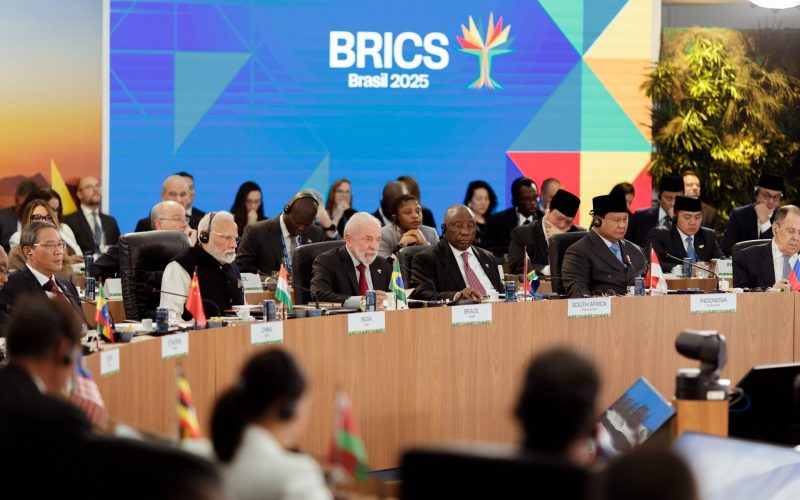Summary:
- The existence of the ‘resource curse’ in Africa has meant that large natural resource endowments often correlate with lower-than-expected economic growth as well as weaker, more authoritarian institutional development.
- Resource revenue inflows can lead to real exchange rate appreciation, which erodes competitiveness of other non-export sectors. Highly fluctuating commodity prices also pose difficulties for stable management of macroeconomic cycles, and lucrative resource wealth raises incentives for political contestation of resources and looting.
- Development partners such as the IMF and World Bank have increasingly advocated for governments in developing countries to establish state-owned investment vehicles, or ‘Sovereign Wealth Funds’ (SWFs), to manage and invest resource revenues to help combat the resource curse.
- African SWFs have primarily been established with mandates to achieve macroeconomic stabilization, intergenerational savings and domestic development.
- SWF experiences in Angola, Botswana, Ghana and Nigeria have produced mixed results in terms of their ability to achieve these mandates. Weak and/or vague SWF institutional structures and rules, and a lack of commitment to overarching macroeconomic management within the budget, have hampered the effectiveness of Funds in these countries.
- Recommendations to improve the effectiveness of African SWFs include more robust assessments of the necessity and feasibility of Funds in domestic contexts, creating institutional structures which protect against political misuse of funds, building broad based political support and managing expectations from SWFs before operationalization, and positioning SWFs within broader public financial management reform.








